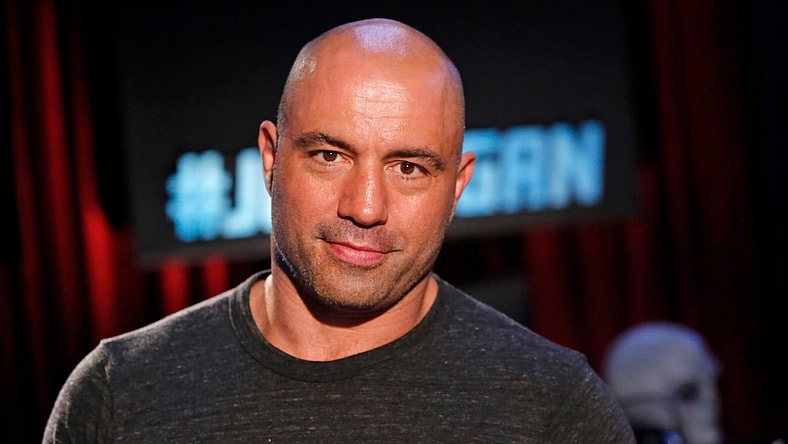Joe Rogan Intrigued By New Study That Hints ‘Biological Age’ Can Be Reversed
Researchers say it’s possible to knock 2.5 years off your biological age.


In a recent episode of The Joe Rogan Experience, Rogan and guest Dr. David Sinclair, the co-Director of the Paul F. Glenn Center for the Biology of Aging at Harvard Medical School, kicked off the podcast by talking about how to slow down aging.
They briefly discussed a buzzy new study that found biological aging can actually be reversed, which is kind of a big deal. It was previously believed that biological aging could merely be slowed down if anything, so the possibility of reversing it would be a massive scientific breakthrough.
https://www.youtube.com/watch?v=ZGLL77wYxe8
For the study, nine participants took three medications for one year–Metformin, DHEA, and HGH (Human Growth Hormone) — and at the end of the year-long trial had seemed to rewind their epigenetic clocks by 2.5 years.
Researchers measured this by analyzing their genomes, which they did by selecting sets of DNA-methylation sites across the genome to create an accurate biological age.
To clarify, the biological age is different than the chronological age. For example, your chronological age could be 40, but your biological age is the age your body and health reflects, which could be younger or older than you actually are.
While a reversal of 2.5 years may seem like a small number, it’s actually very significant and even the researchers were surprised at the findings, which was published in the scientific journal Aging Cell.
“I’d expected to see slowing down of the clock, but not a reversal,” geneticist Steve Horvath from UCLA says. “That felt kind of futuristic.”
However, the study‘s participant group was very small and didn’t include a control group to compare results to. “It may be that there is an effect,” says cell biologist Wolfgang Wagner from the University of Aachen in Germany. “But the results are not rock solid because the study is very small and not well controlled.”
Harvard’s David Sinclair also called for more research on Rogan’s podcast: “That was a good study. It’s only nine people so we have to repeat this,” he said.
